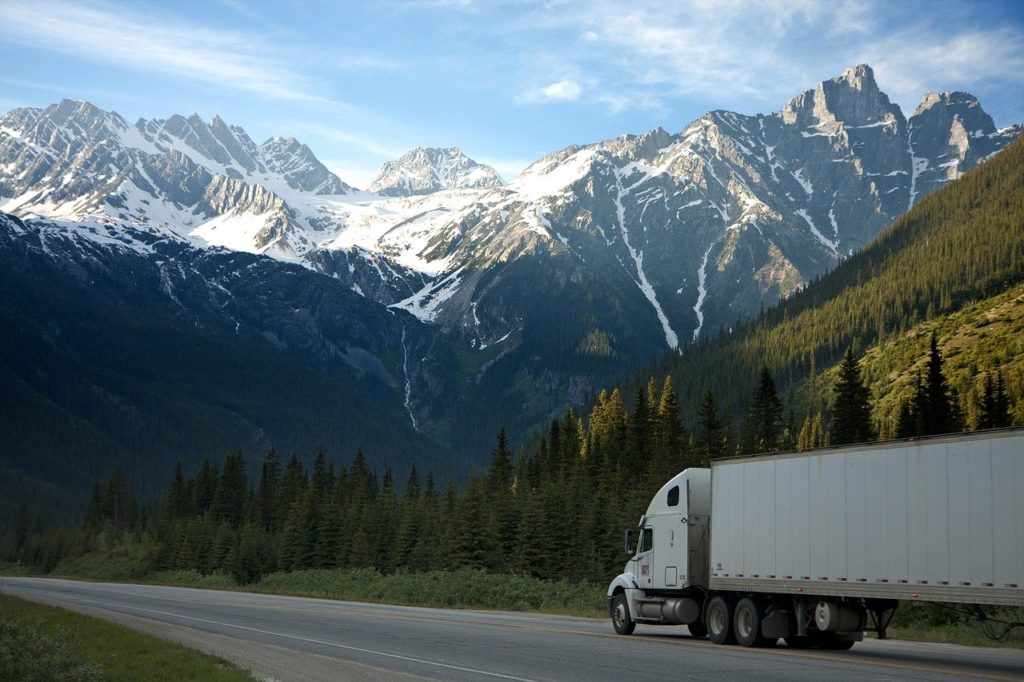The Shipping Landscape is Changing
With the looming threat of climate change and fluctuations in market prices, the necessity of cost effective environmentally friendly packaging options is becoming more apparent. Many companies are stepping up to the plate and rapidly producing new alternatives. We are doing our part in getting those products into circulation. Remember, it’s better to be an early adopter than getting left behind in the dust.
Composting
Materials that are compostable can decompose over time when combined with air and water. What remains is a soil supplement that can be beneficial for the growth of new plants. Composting can be done on an individual basis at home, or it can be handled by local municipalities that collect waste at the curb. It remains a task that the end user makes sure the compostable materials get where they need to go.
Many shipping packaging products are compostable by design, to help reduce a company’s carbon footprint.
Examples of compostable products:
- Uncoated corrugated boxes
- Single Face
- Kraft Tape
- Loose Fill
- PLA – Polylactic Acid
- Wheat Straw Fiber
- Recycled Paper
- Begasse / Sugarcane Fiber
- Cellulose Bioplastic
- Bamboo
Recycling
Recycling helps prevent reusable materials from ending up in a landfill and taking up space. The products are broken down into raw materials that can be used again. We’ve had the mantra reduce, reuse and recycle drilled into our heads from a young age, but it’s more important than ever to really put it into practice. Recycling is becoming easier than ever to implement with improved material production processes and affordable prices. Need more information on how to get started with recycling? Check out the EPA’s guide on common recyclables.
Recycling vs Composting
Recycling and composting are two viable methods of handling waste and keeping materials out of land fills, but which one is right for you?
Composting gives back to the earth, helping create a perpetual system. It also reduces the amount of green house gases on the whole and requires less effort than recycling systems. An individual being able to put compostable materials to use immediately with the reassurance that it won’t be harming the environment is an added bonus.
Recycling has the benefit of reducing the amount of raw material used in manufacturing, ultimately resulting in less energy expenditure through the entire process. This process also creates jobs in recycling and manufacturing industries.
In an industry with a high demand for efficiency and perfection, it can often be difficult to make a environmentally friendly choices. A balance of recycling and composting can go a long way in conserving natural resources such as timber, water and minerals. In the end, anything you can do to move to either compostable or recycling solutions is a step in the right direction.
Reusable Products
We’ve covered recycling, but how about reduce and reuse? Get the most out of your product investments by thinking about returnable and reusable containers. Some products may be compostable or biodegradable, but the production process can sometimes have a bigger carbon footprint than expected. Reduce your footprint with racks and pallets that are more durable than cardboard or wood for a better return on your investment. It gets even better, because at the end of their life cycle, many of these products can still be recycled, making them an incredible choice for the environmentally conscious.
Where to start?
Advanced Packaging Solutions & Products, Inc. is a perfect choice. With a commitment to partner with environmentally conscious material producers and to always identify products that are cutting edge, there is no better company to work with.
Watch the video below to learn about one Environmentally Friendly product that Advanced Packaging Solutions & Products is bringing to market!
